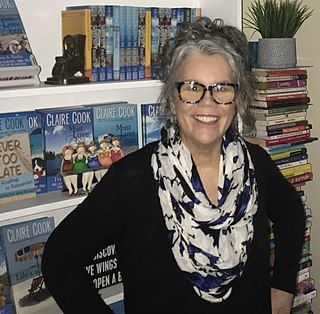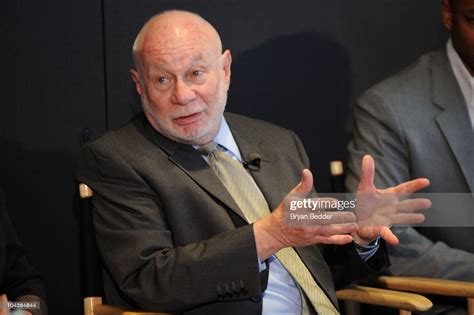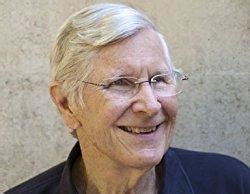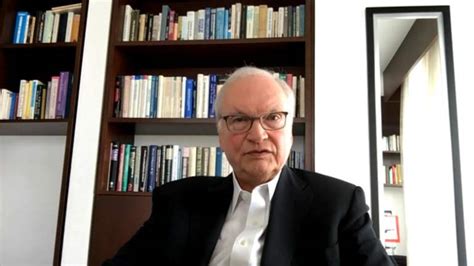A Quote by Laura van den Berg
As we know all too well, our early years are formative in ways it can takes us a lifetime to grasp. Those years leave deep marks; in that way, the stakes of childhood are inherently very high.
Related Quotes
Twenty or thirty years ago, in the army, we had a lot of obscure adventures, and years later we tell them at parties, and suddenly we realize that those two very difficult years of our lives have become lumped together into a few episodes that have lodged in our memory in a standardized form, and are always told in a standardized way, in the same words. But in fact that lump of memories has nothing whatsoever to do with our experience of those two years in the army and what it has made of us.
I read recently that all of us can be defined in adult life by the way others perceived us in high school. I know [people] who had the popular, good-looking path in high school; they tend not to do so well. It was a little bit too easy for them, where for those of us who struggled in every sense, perhaps our determination and self-reliance and discipline were reinforced by that.
God knows what is my greatest happiness, but I do not. There is no rule about what is happy and good; what suits one would not suit another. And the ways by which perfection is reached vary very much; the medicines necessary for our souls are very different from each other. Thus God leads us by strange ways; we know He wills our happiness, but we neither know what our happiness is, nor the way. We are blind; left to ourselves we should take the wrong way; we must leave it to Him.
Downwinders, meaning those people, individuals, communities that were downwind of the nuclear test site. During those years when we were testing atomic bombs above ground, when we watched them for entertainment from the roofs of our high schools, little did we know what was raining down on us, little did we know what would appear years later.
There is something deeply hypocritical in a society that holds an inner-city child only eight years old "accountable" for her performance on a high-stakes standardized exam but does not hold the high officials of our government accountable for robbing her of what they gave their own kids six or seven years before.
I do think a lot of sexual violence stems from experiences in childhood or at puberty. Some people become sadistic after suffering early abuse at the hands of parents, relatives or friends. But for others, the seed is planted in the formative years by the conflation of images of violence with those of sexual arousal. Magazines, TV shows and, especially, slasher movies are masters at doing this.






































